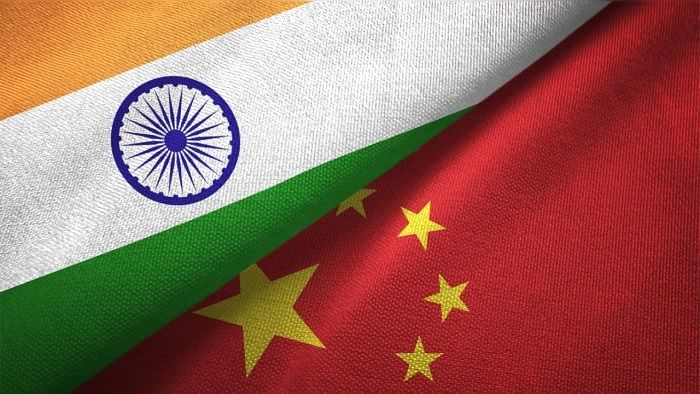
Talks between Bhutan and China to settle their border dispute seem to be moving forward. At a recent expert group meeting at Kunming in China, officials of the two sides had an in-depth exchange of views on implementing the memorandum of understanding on the Three-Step Roadmap for Expediting the China-Bhutan Boundary Negotiations that they reached in late 2021. They have reportedly agreed to “push forward” this roadmap, increase the frequency of expert group meetings, and hold the 25th round of the border talks “as soon as possible.” China and Bhutan have been engaged in talks since 1984 to settle their border dispute. Talks have reportedly focused on two areas of dispute – in the Jakurlung and Pasamlung valleys in northern Bhutan and the areas of Doklam, Sinchulung, Dramana and Shakhatoe in western Bhutan. In 1996, China proposed a package deal; it offered to give up its claims in northern Bhutan in return for Thimphu ceding territory in Doklam to Beijing.
How China and Bhutan settle their border dispute is of concern to India. This is because the territory in western Bhutan – Doklam -- that China lays claim to lies at the India-Bhutan-China trijunction and therefore impinges on India’s security. Should this vital piece of territory – Doklam overlooks ‘Chicken's Neck’, which links the Indian mainland to its Northeast states – fall into China’s hands, India’s security will be undermined. China has repeatedly indicated its interest in taking control of Doklam. Not only does it figure in the 1996 package deal but also the PLA has been beefing up its overland infrastructure here. Indeed, it was China’s building of a road into Doklam that triggered the 72-day stand-off between the Indian and Chinese armies in 2017. Although the two sides pulled back, subsequent satellite images have revealed that China has since made major inroads into Doklam by building roads, villages and outposts.
There is concern in New Delhi that the Sino-Bhutanese talks to settle their border dispute could culminate in Bhutan ceding control over Doklam. The Bhutanese government is under pressure from its people to settle the border. It is likely that if Bhutan, which at present does not have official diplomatic or economic relations with Beijing, settles the border with China on the latter’s terms, Chinese investment will pour in. Bhutanese youth want to benefit from economic development, and this has made them keen on improved ties with Beijing. Although India has invested heavily in Bhutan, the allure of Chinese investments seems to be growing. India may need to reorient investments into people-centric development in Bhutan. Ultimately, it is the Bhutanese people who have always stood firmly with India, who are India’s strongest defence in that part of the Himalayas.